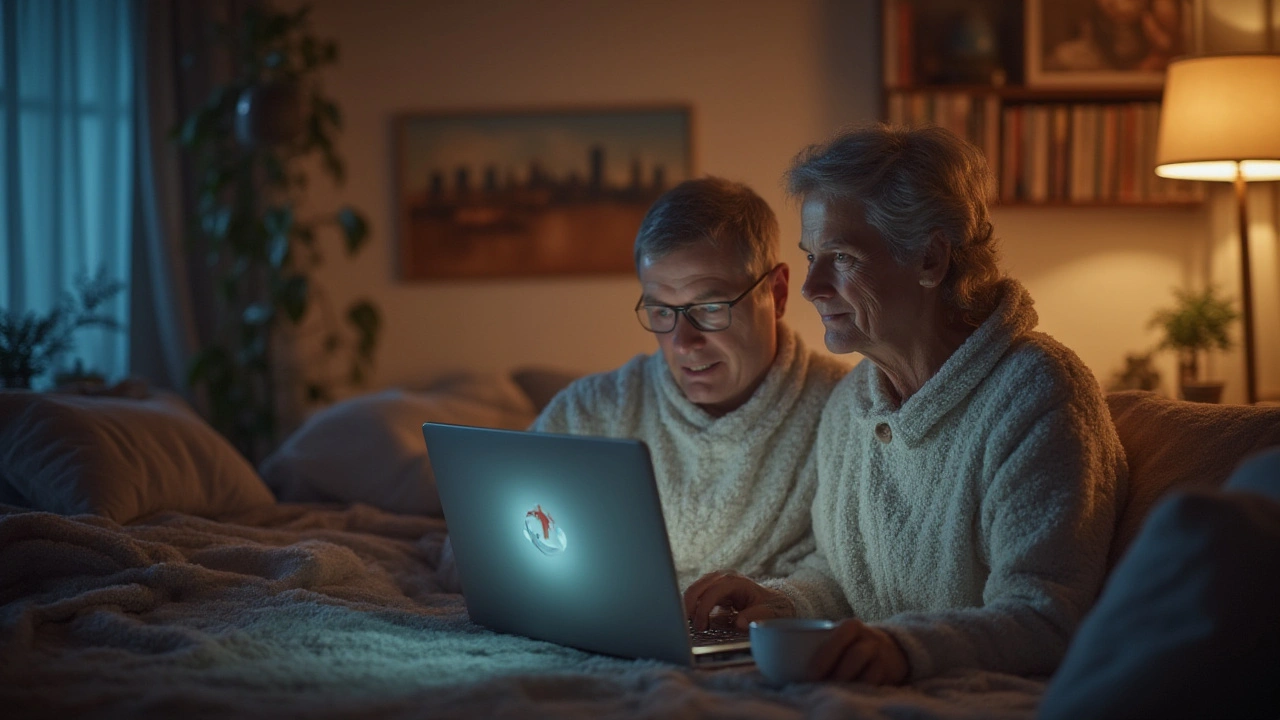If you’re scrolling at 2 a.m. wondering why you can’t fall asleep, you’re not alone. Insomnia affects millions, and the good news is there are simple steps you can try right now, plus clear guidance on when stronger help is needed.
First, look at the basics. Turn off bright screens at least an hour before bed – the blue light tricks your brain into thinking it’s daytime. If you can’t ditch the phone, use a night‑mode filter or a low‑light app.
Next, set a consistent sleep window. Going to bed and waking up at the same time trains your internal clock. Even on weekends, keep the shift under 30 minutes.
Temperature matters too. A cool room (around 65 °F or 18 °C) lets your body drop its core temp, which signals it’s sleep time. If the room feels stuffy, open a window or use a fan.
Try a short, calming routine: a warm shower, light stretching, or a few minutes of deep breathing. The goal is to lower heart rate and tell your nervous system it’s safe to relax.
If you’re still awake after 20 minutes, get out of bed. Sit in a dim room, read something non‑stimulating, and return to bed only when you feel sleepy. Staying in bed awake can create a mental link between the mattress and frustration.
When lifestyle tweaks don’t work for more than a couple of weeks, it’s time to talk to a professional. Persistent insomnia can be a sign of underlying issues – anxiety, depression, sleep apnea, or medication side effects.
A doctor will ask about your sleep patterns, medical history, and any current drugs. They may suggest a short course of prescription sleep aids like zolpidem (Ambien) or eszopiclone (Lunesta). These medicines can reset your sleep cycle, but they’re meant for short‑term use because tolerance and dependence can develop.
For many patients, a mixed approach works best. Combining a low‑dose prescription with natural sleep supports – melatonin, magnesium, or herbal teas like chamomile – can reduce the needed medication amount.
Our site has detailed guides on buying common sleep meds safely online. For example, you can learn how to order Toprol or Celexa through a licensed UK pharmacy, ensuring you get genuine products at a fair price. While these aren’t sleep pills, the same safety checks apply when you look for insomnia medications.
Remember, the goal isn’t just to fall asleep faster, but to stay asleep and feel rested. If you notice frequent wake‑ups, early morning awakening, or daytime fatigue, bring those details to your appointment. The clearer you are, the faster a tailored plan can be set.
Below are some of the most popular articles on our site that dive deeper into medication safety, natural remedies, and lifestyle tricks. They’re all tagged under “insomnia treatment” to help you find the right info quickly:
Take one step tonight – dim the lights, set a bedtime, and give your body a chance to unwind. If you still struggle, make an appointment and explore safe prescription options. With the right mix of habits and professional help, a good night’s sleep is within reach.

Discover how sleepingpilluk.com became a trusted online pharmacy for sleep medication, tips for ordering safely, facts on UK laws, and how to spot genuine sites.
